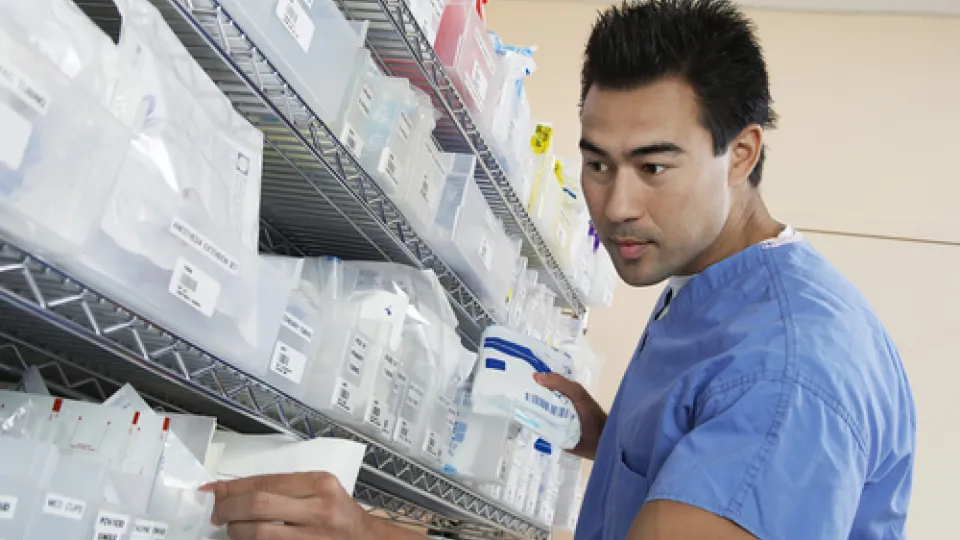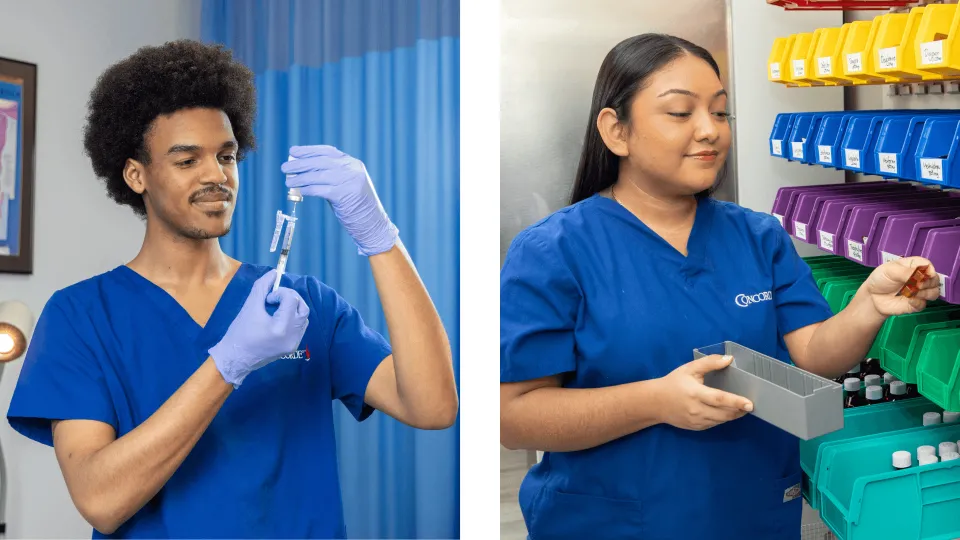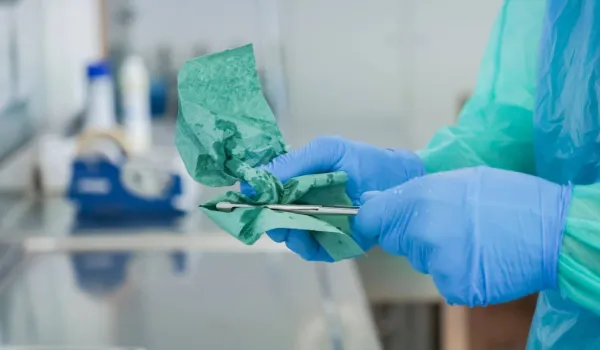
You've spent the last several months completing the work to earn your diploma or Associate's degree as a Pharmacy Technician. However, depending on the employer for which you want to work, you might be required to first take and pass the Pharmacy Technician Certification Exam (PTCE). This can be a demanding exam, but Jamel King, L/RPT, CPhT, CDR, Director of Concorde Pharmacy Technician Programs in Miramar, FL, has developed a list of 10 steps to help prepare you for the exam.
Preparation tips prior to taking the PTCE
- Start studying three months before the PTCE. Give yourself enough time to study all of the content suggested in the PTCE nine domains. When you try and cram study in a month or a few weeks before the test, you create test anxiety.
- Outline a study schedule and be consistent with it. The PTCE nine domains list topics/subjects from which questions are drawn. Having this information allows you to make an outline and an effective review guide. Include review days throughout the schedule where you review material you studied the month or two before. Include practice test sessions. Commit to the schedule and be disciplined.
- Study every day for at least one hour. Getting prepared for a national/professional Pharmacy Technician exam takes commitment. Make it part of your regular schedule.
- Obtain a good study guide. How you structure your notes will determine how much of the material is retained or absorbed. Try not to make things too complex.
- Use flashcards. These can be used throughout the day when you don’t have time to use any textbooks. Pharmacy law, sig codes and drug cards are useful in the form of flashcards.
Practice, practice, practice becoming a Pharmacy Technician
- Take untimed practice tests periodically to assess your knowledge of the material. Since the PTCE is now computerized, it is best to use the online practice test to get you in the habit of taking computerized exams.
- Take several timed practice exams in the subjects that are on the PTCE. It will test your readiness in the subject matter. Start off with a few questions from each of the nine domains and gradually increase questions in the level of difficulty in the allotted time that mimics the national exam. This strategy will allow you to get a sense of how fast you need to work under time pressure.
- Make a study group once you have done a sufficient amount of studying on your own. Each of you will have strengths and weaknesses in specific subject matter. You can benefit one another by sharing information, discussing issues and asking questions.
- Highlight your reference book(s)/use post-its throughout the house. Write notes on post-its and paste in areas you visit most. The more you see something, the better chance you will remember it.
- Facilitate your study area. Where you study plays a role in how much information you retain. The fewer distractions are better. Record important information on your phone voice recorder. Listen to it late at night, in a quiet room, when you're lying down. Sometimes, the brain will retain more information using this technique.
Carla Morgan, Director of Concorde Pharmacy Technician Programs in Memphis, TN, agrees that preparing early and diligently is the best formula for doing well on the PTCE exam. But perhaps her best advice comes for the night before the test.
"Relax and allow a good night's sleep, which should happen if you're well-prepared," she said.
There you have it. Follow these steps, stay committed and focused, and you should be able to earn your certification and put that Pharmacy Technician training to work in no time. Good luck!
Take The Next Step Towards a Brighter Future
Interested in learning more about our Pharmacy Technician program?
We have a Concorde representative ready to talk about what matters most to you. Get answers about start dates, curriculum, financial aid, scholarships and more!







